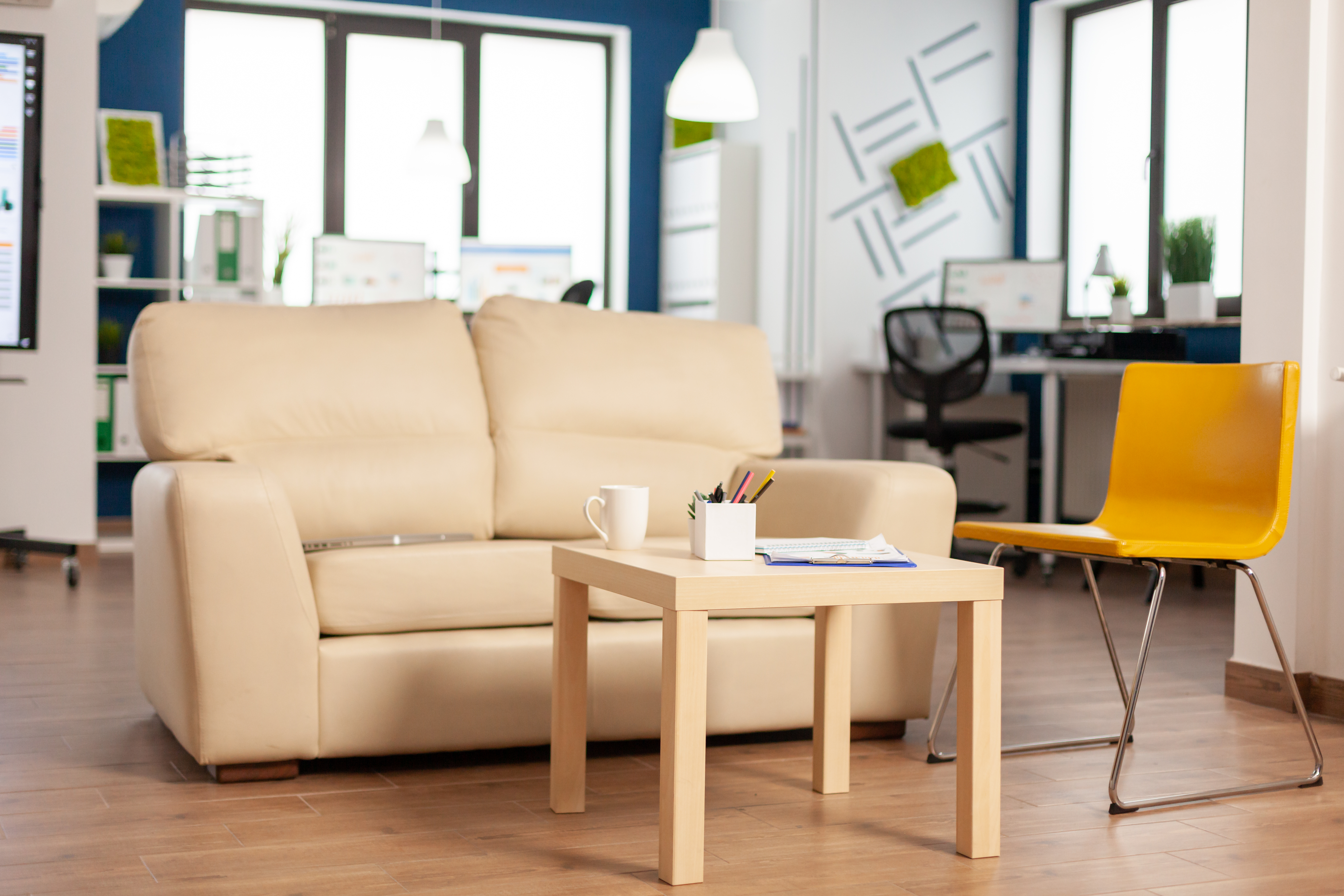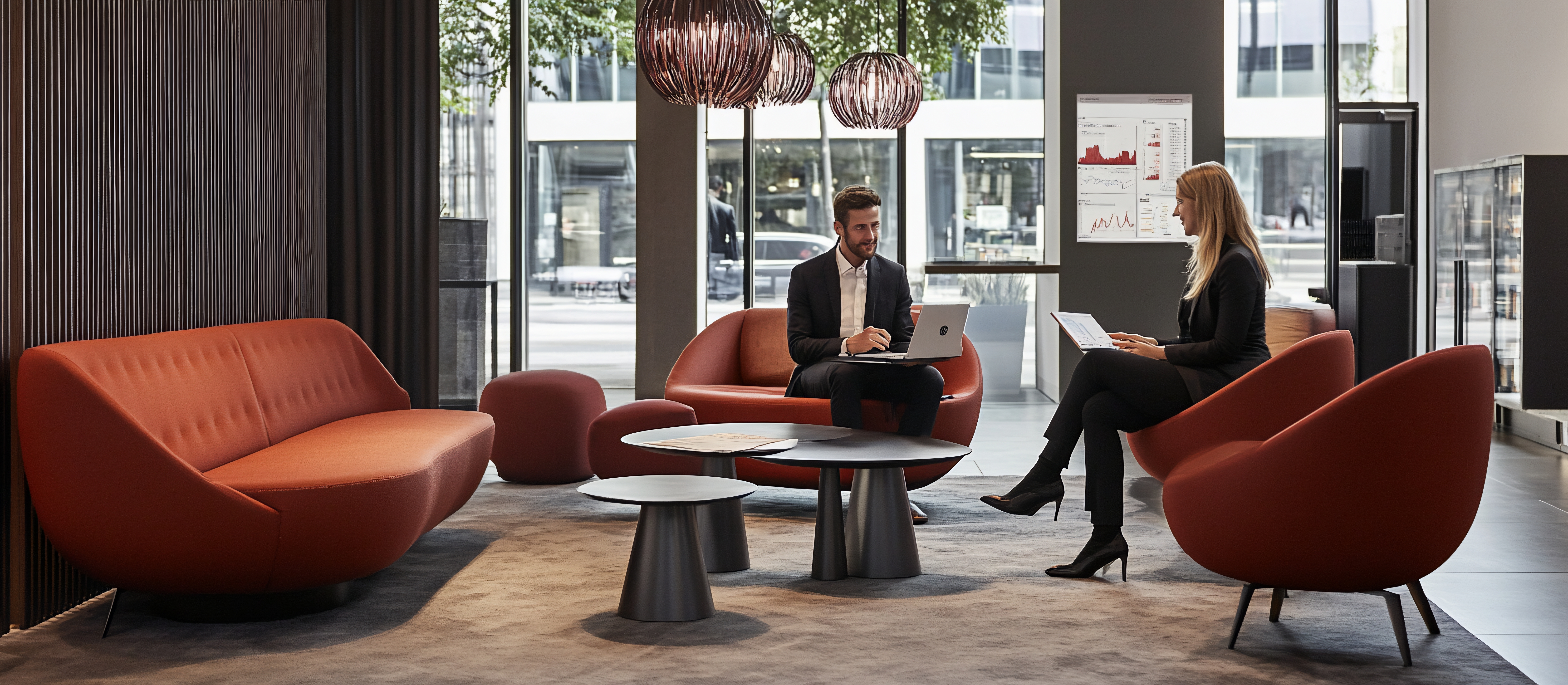Workstations are the backbone of any office setup, providing employees with dedicated spaces to perform their tasks efficiently. While it may seem like a basic aspect of office design, the significance of workstations goes far beyond mere functionality. Let's delve into why workstations are crucial in the office environment and the benefits they offer to employees:
1. Personalized Workspace:
Workstations offer employees personalized spaces where they can organize their tools, documents, and personal belongings according to their preferences. Having a designated area fosters a sense of ownership and belonging, leading to increased productivity and job satisfaction.
2. Enhanced Focus and Concentration:
A well-designed workstation provides employees with a quiet and focused environment conducive to concentration. By minimizing distractions and interruptions, employees can better focus on their tasks, leading to higher efficiency and quality of work.
3. Improved Ergonomics:
Workstations are often equipped with ergonomic furniture such as adjustable chairs, height-adjustable desks, and monitor stands. These ergonomic features help maintain proper posture, reduce the risk of musculoskeletal disorders, and enhance overall comfort during long hours of work.
4. Organization and Efficiency:
Workstations facilitate organization by providing dedicated storage space for files, stationery, and equipment. Employees can keep their workspace clutter-free, allowing for easy access to essential items and promoting efficiency in task execution.
5. Collaboration and Communication:
While workstations offer individual space, they also encourage collaboration and communication among team members. Proximity to colleagues facilitates spontaneous discussions, idea-sharing, and teamwork, fostering a sense of camaraderie and collective problem-solving.
6. Psychological Well-being:
Having a designated workstation creates a sense of routine and structure for employees, contributing to their psychological well-being. It provides a sense of stability and predictability in the work environment, reducing stress and anxiety levels.
7. Professional Image:
Workstations contribute to the professional image of the office by creating a neat and organized appearance. When clients or visitors enter the workspace, well-designed workstations reflect positively on the company's culture, values, and attention to detail.
8. Flexibility and Adaptability:
Workstations can be customized to accommodate different work styles, preferences, and functional requirements. Whether employees prefer a standing desk, a quiet corner, or collaborative seating arrangements, versatile workstations cater to diverse needs and promote flexibility in the workplace.
In conclusion, workstations play a pivotal role in shaping the office environment and influencing employee well-being, productivity, and satisfaction. By providing dedicated spaces tailored to individual needs and equipped with ergonomic features, workstations contribute to a conducive work environment where employees can thrive and contribute their best.






